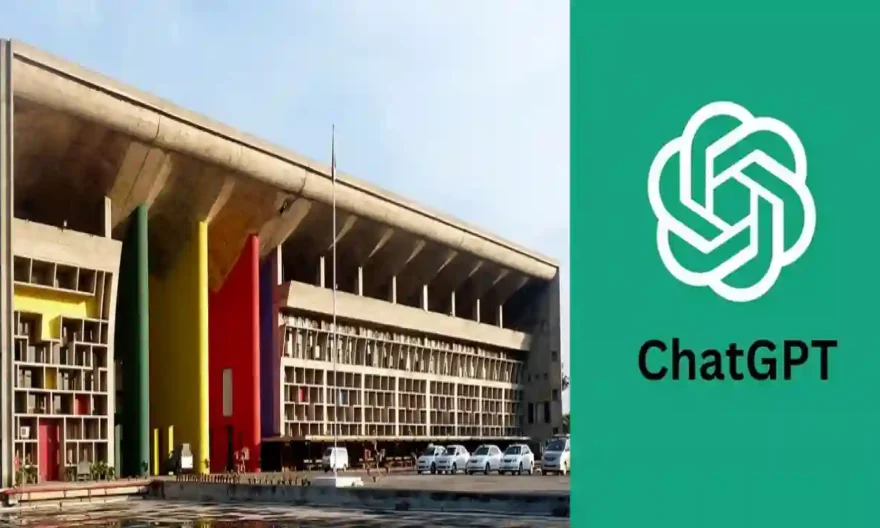Shimla: In a first, the Punjab and Haryana High Court used ChatGPT, the Open AI platform, to help take a decision on a bail plea moved by an accused in a murder case, who is facing trial in a Ludhiana court.
Justice Anoop Chitkara while denying the bail to Jaswinder Singh, the accused having a criminal history of two attempt to murder cases, chose to pose a query to Artificial Intelligence ChatGPT and has made the text response of the AI Chatbot as part of his court order last week.
In his 4-page order passed on March 27, the judge, however, clarified that any reference to ChatGPT and any observation made hereinabove, was neither an expression of opinion on the merits of the case nor shall the trial Court advertise these comments.
“The reference was only intended to present a broader picture and assess the worldwide view on bail jurisprudence when the assault is laced with cruelty, or where cruelty is a factor” he wrote .
The question put to ChatGPT Open AI [https://chat.openai.com/chat] was; “What is the jurisprudence on bail when the assailants assaulted with cruelty?
The text response of ChatGPT, which the Judge incorporated in the order read “The jurisprudence on bail for cases where the assailants have assaulted with cruelty will depend on the specific circumstances of the case and the laws and regulations of the jurisdiction where the case is being tried. However, in general, if the assailants have been charged with a violent crime that involves cruelty, such as murder, aggravated assault, or torture, they may be considered a danger to the community and a flight risk.
In such cases, the judge may be less inclined to grant bail or may set the bail amount very high to ensure that the defendant appears in court and does not pose a risk to public safety. The severity of the assault, the defendant’s criminal history, and the strength of the evidence against them are all factors that a judge will consider when deciding whether to grant bail.
It is important to note that the presumption of innocence is a fundamental principle of the justice system, and all defendants are entitled to bail unless there are compelling reasons to deny it.
Therefore, even in cases where the assailants have assaulted with cruelty, they may still be granted bail if the judge determines that they do not pose a risk to the community or a flight risk, the AI ChatGPT response to the query reads.
Justice Chitkara also dealt with the merits of the bail application before reaching the decision based on the circumstances and material on record. He held that the petitioner was neither entitled to bail on merits nor on the grounds of parity.
The judge observed “causing death itself is cruel but if the cruelty causes death, the tables turn. When the physical assault is done with an element of cruelty, the parameters of bail also change. In re Kemmler, 136 U.S. at 436, [Cruelty] implies there is something inhuman and barbarous -something more than the mere extinguishment of life.
“When the offense is heinous and the crime is brutal, cruelty becomes one of the factors in granting or refusing bail. The impact of individuals who act with cruelty is devastating not only for those on whom the direct harm and pain is inflicted but also on a systemic level” , Justice Chitkara said.
In the present case, an analysis of the allegations, injuries, and evidence collected points out that the accused and some of his accomplices acted with ferociousness and total lack of mercy. Thus, does not warrant the grant of bail to the accused.
This is the first time, when the High Court decided to use the AI platform in India marking a new beginning in legal history. It appears that the response of the ChatGPT concurred with the verdict of the judge based on past judicial decisions.
Reports said earlier it was early this year when a Colombian judge Juan Manuel Padilla had used Open AI’s chatbot ChatGPT in a case relating to an autistic child.
Also Read: Watch: Woman uses ChatGPT to write complaint over delayed flight, triggers debate on AI




















